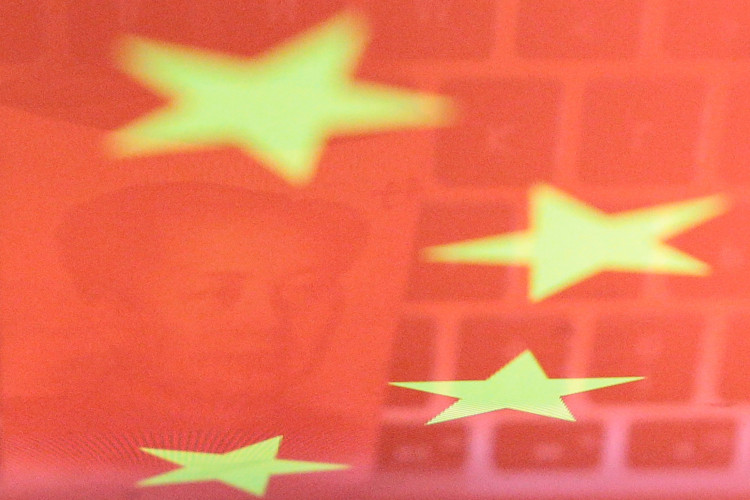General offices under the Communist Party of China (CPC) Central Committee and the State Council on Sunday released a guideline that improves intellection property rights (IPR) protection in the country.
According to Xinhua, the document titled "The Guideline on Strengthening Intellectual Rights Protection" noted that China will implement stricter protection of intellectual property through technology, proper social governance, and related laws.
The document stated that the move will further improve China's IPR protection system and will also help boost the country's competitiveness in the global stage.
Within the document, some targets were also set by the offices that called for stronger IPR protection. Within three years, the country will strive to achieve an IPR-infringement free country. Within five years, the country is aiming to reach and maintain high levels of IPR security.
As part of the country's goals in improving its IPR protection policies, the document also called for increased efforts in international cooperation under the new guideline. The document said China will continue to work alongside international and domestic rights holders in this regard.
Finally, the guideline stated that China will step up efforts in developing a compensation system regarding patent and copyright infringement cases, as well as better protection for trade secrets.
The move came amid an outpouring of support from global governments for China and the United States to reach a trade deal that should put an end to the tariff spat that has impacted the global economy.
The two economic powers have been trying to reach an agreement over the past months, with Washington calling for stronger IPR protection among U.S. firms doing business in China.
Beijing has been trying to meet the White House halfway by confirming that it will further open up the financial sector and other Chinese markets to foreign investors, and over the weekend, though the guideline's issuance.
The U.S. has accused China of forcing American firms to surrender corporate secrets in exchange for entering the massive Chinese market. The Chinese government has denied the claims repeatedly.
Meanwhile, some economic experts have called for further clarity from U.S. President Donald Trump's side as the two countries try to reach "phase one" of the trade deal.
Trump's trade war has been described as one for the televisions as he continues to be unpredictable in several ways, especially over the past several weeks. Some economists believe his flip-flopping statements are not helping put an end to the trade dispute.
It remains to be seen whether Trump's latest revelations that a deal is "potentially very close." The trade deal's "phase one" was initially predicted to be signed by the countries' leaders before year-end.





